Interview with Mary Morony, author of Apron Strings
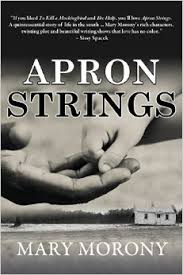 Title: Apron Strings
Title: Apron StringsAuthor: Mary Morony
Publisher: Mary Morony
Pages: 252
Genre: Literary Fiction
Format: Paperback/Kindle/Audio
When a grown-up tells you not to worry, you had better start—first rule of thumb, Sallee Mackey, age seven. She is already more than a little bit wary of the adults in her segregated, Southern world with good reason. Sallee’s mother Ginny is flat out dangerous; her father Joe is on his way out the door; and Mr. Dabney the bigoted neighbor seems to be just a little too interested with the goings on at Sallee’s house—like he knows something no one else does.
The only adult to be trusted is Ethel, the family maid, who has known Sallee’s mother since Ethel and Ginny were both girls. That complicated relationship started the day Ethel spied Ginny kissing the black stable boy years ago.
While Ginny has conveniently forgotten that she even knew Ethel back then, Sallee has not as she constantly lobs questions at Ethel about her mother’s girlhood.
From Sallee’s oft times humorous and always guileless vantage, grownups have a most mixed up view of the world.
Ethel gives her very own biased account of her shared history with Ginny while Sallee hones her vigilance and stealth, skills she and her brother and two sisters have acquired in an attempt to understand the drama that swirls around them.
Rocks are thrown through windows, a car filled with angry white men shout racial slurs at the children at play and a tragic poisoning threatens the entire family’s sense of security. When Joe Mackey asks Ethel to testify on his behalf in a custody suit, her conflicted loyalties throw the entire family into even more turmoil. Fortunately for Sallee no one took the time to teach her to hate a person based on the skin color.
For More Information
- Apron Strings is available at Amazon.
Q: Please tell us about Apron Strings and what inspired you to write it.
A: Apron Strings follows the relationship between Ethel the black family
maid and Sallee a bright inquisitive white child. It is set in Charlottesville,
VA in the late 1950’s at around the time the civil rights movement was heating
up. As a dual narrative the reader gets to read about the drama and trauma that
swirls around inside and outside the household from two decidedly different
points of view.
Having been raised by my family’s
maid I was no stranger to the power she had over our household. I had played
around writing about the relationship between white children and their black
caregivers for a long time before The Help hit the world stage. The
relationship is so ubiquitously southern, fraught with so much humanity, and
such opportunity for great drama.
Domestic work is not considered
empowering work, but I couldn’t help thinking about the power that is intrinsic
and implicit in the relationship. My thinking went like this; take a small town
mayor, if he isn’t happy ultimately nobody in town will be and who has more
sway over the household than the maid, so I thought, the maid actually has more
power than one would think, whether the power is tapped into is another story.
That is why Ethel in Apron Strings was
given a lot of power. Her choices had far reaching implications. You’ll have to
read the book to find out more.
A friend had read my manuscript
and so asked me to go to see Kathryn Stockett at the Virginia Festival of the
Book. While we were there the author told a story about a black woman standing
up in an audience and saying, “That women who raised you didn’t love you. She
was paid to pretend like she did, but she didn’t.” That was the imperative I needed to finish
the book and get it published, because I knew at least for me that what that
women said was not true.
Q: What themes do you explore in Apron Strings?
A: Lots and lots of themes, just to name a few I
touch on racism, change, and family also alcoholism and divorce and just for
the heck of it a little bit of pedophilia. What can I say, it takes place in
the South. Using the dual narrators Sallee and Ethel I am able to explore some
pretty heavy topics without be too dour, I promise.
Q: Why do you write?
A: Because it is fun and I have a lot to say.
Q: How picky are you with language?
A: I love words. I love using the right one to convey what I
want to say.
Q: When you write, do you sometimes feel as though you
were being manipulated from afar?
A: I feel like sometimes the stories take on a life of their
own. That might be the same thing.
Q: What is your worst time as a writer?
A: When I don’t know where I am going or how to get where I
think I want to go.
Q: Your best?
A: When I have sit down in the morning, and all of a sudden
it’s 4:00 in the afternoon and I didn’t notice.
Q: Is there anything that would stop you from writing?
A: My laziness and
the voice in my head that says I’m no good at it.
Q: What’s the happiest moment you’ve lived as an author?
A: My happiest moment is when I connect with someone because
of something I have written.
Q: Is writing an obsession to you?
A: I like it so no. I can stop.
Q: Are the stories you create connected with you in some
way?
A: Apron Stings is based on a real relationship that I had
as a child. The characters are made up or are an amalgamation of lots of
different people. The stories are made up the relationship was real.
Q: Ray Bradbury once said, “You must stay drunk on
writing so reality cannot destroy you.” Do you agree?
A: Reality cannot destroy me because I am in control of my
reality so no I don’t agree, but I like being drunk on writing. There is no
hangover.
Q: Where is your book available?
A: Amazon as a paperback, Kindle and audio
Q: Do you have a website or blog where readers can find
out more about you and your work?
http://MaryMorony.com
Besides five siblings she had four children of her own. As if that didn't provide sufficient material about family chaos, at the age of forty-something, with a high school daughter and a four-year-old girl still at home, she decided to get a college degree. Mary likes to say she earned, and she does mean earned, a bachelors of arts in English at the University of Virginia, with a concentration in creative writing. More recently she has pursued additional studies under the tutelage of her seven-year-old granddaughter. Her refresher course in childhood perspective was invaluable in writing this book.
The author lives on a farm in Orange County, Virginia, with her husband, four dogs, and her daughter’s cat.
Mary says, “The relationship I was privileged to experience taught me much about the human heart and the redemptive power of love, especially between races.”
For More Information
Visit Mary’s website.
Connect with Mary on Facebook, Twitter and LinkedIn

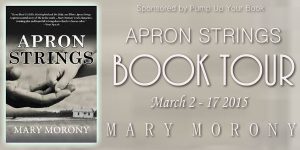















































































































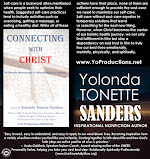


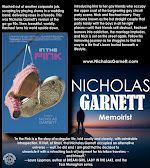


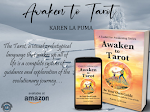
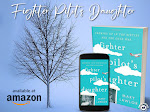
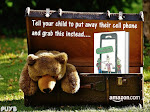
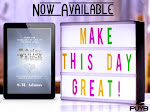


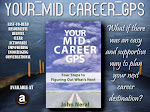
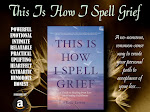
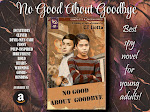


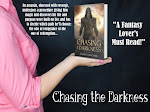
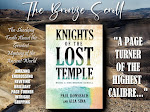


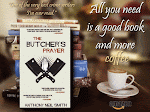

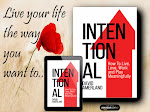
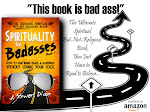

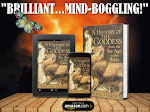

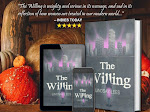
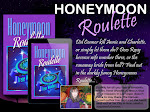
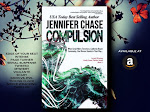
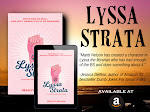
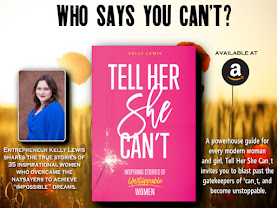










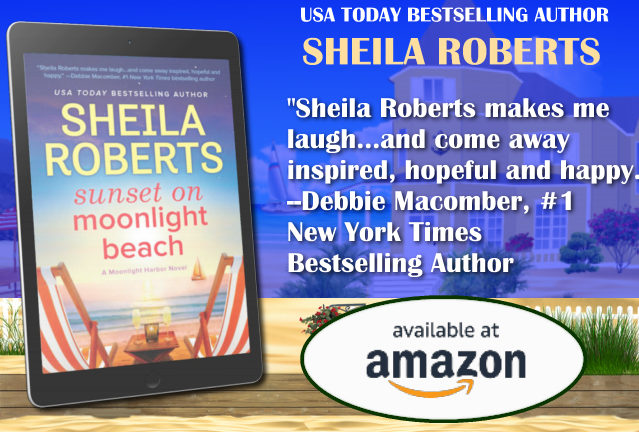



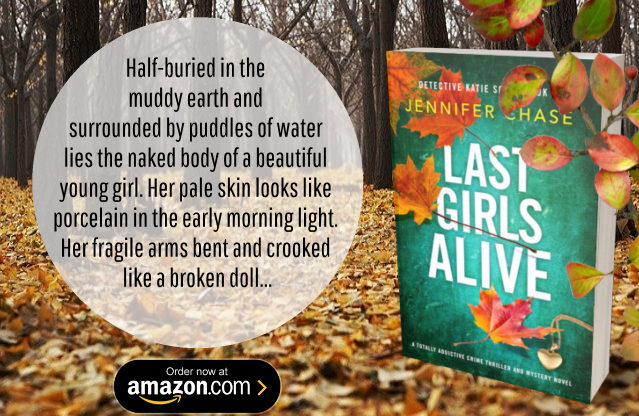
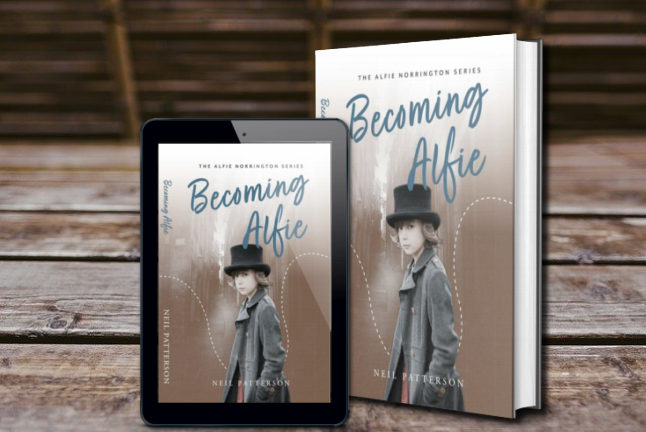
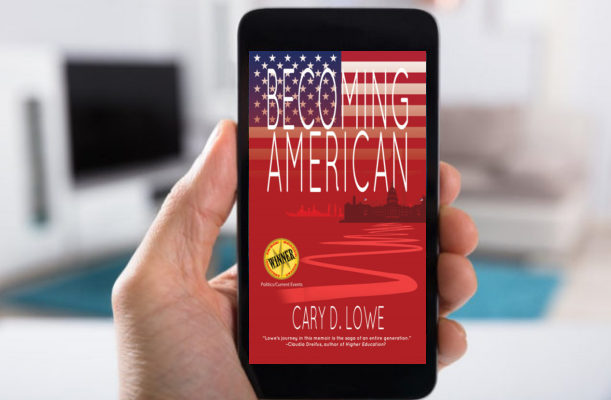

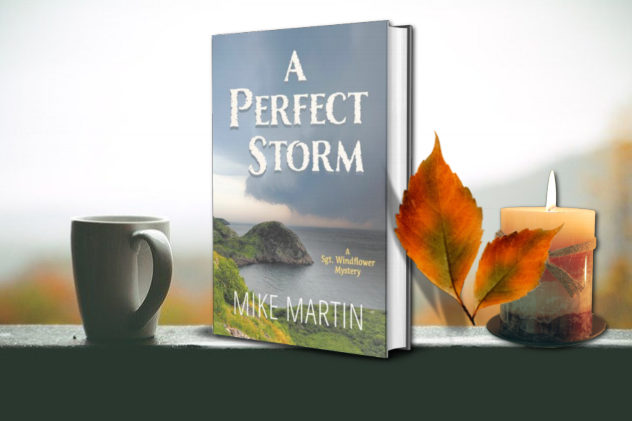
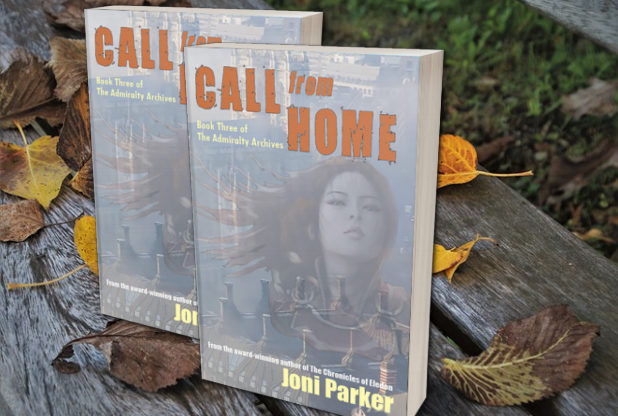
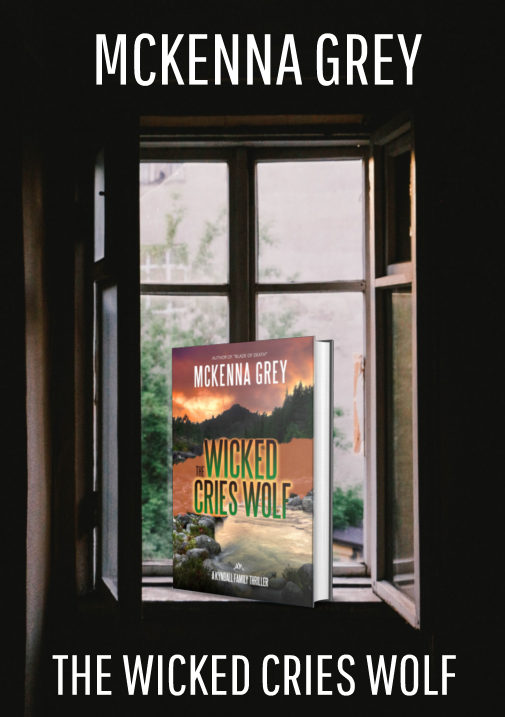


Leave a Comment